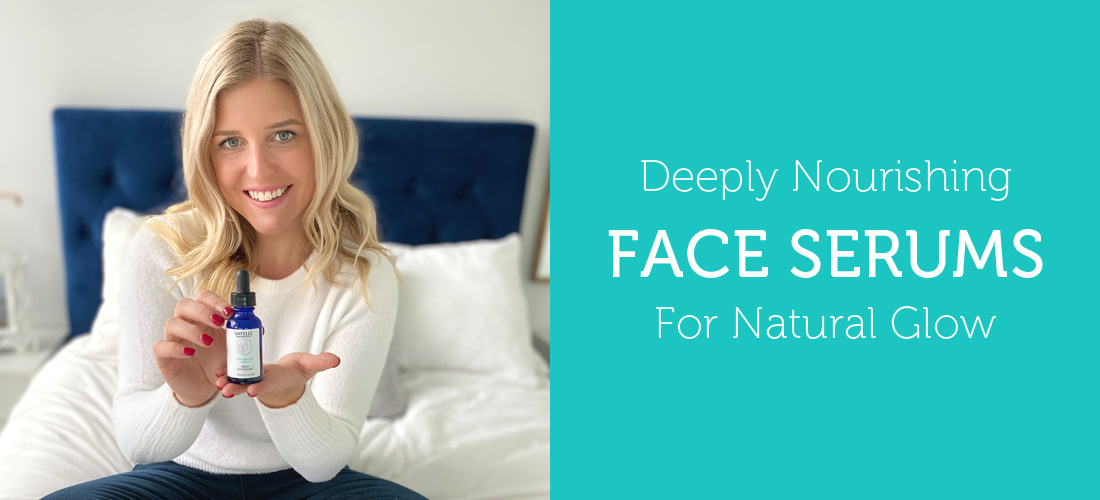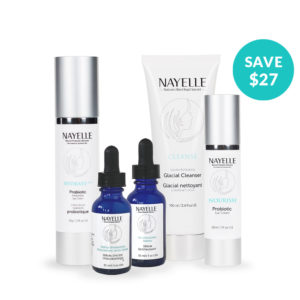Truth About Vitamin C in Skincare:
Is Ascorbic Acid Really Vitamin C?
Vitamin C in skincare products and as a supplement is very popular. Benefits of this vitamin are indisputable and scientifically proven facts, but there is a problem…
What is marketed to you as Vitamin C is L-ascorbic acid in reality. This compound is not true Vitamin C but only a part of the whole Vitamin C complex.

Majority of ascorbic acid in skincare products and dietary supplements is produced by adding hydrochloric acid to corn syrup derived from corn and that corn is most likely genetically modified.
Vitamins are not individual molecules but complex structures constructed by many molecules that work in harmony to deliver a desired effect.
 Vitamin C to be true Vitamin C must contain, in addition to ascorbic acid:
Vitamin C to be true Vitamin C must contain, in addition to ascorbic acid:
- rutin
- bioflavonoids
- Factor K
- Factor J
- Factor P
- ascorbinogen
- ascorbinogen bioflavonoids
- tyrosinase
Ascorbic acid is only the “antioxidant wrapper” that protects the functional parts of the vitamin from rapid oxidation or breakdown.
Additionally, mineral co-factors must be present and in proper amounts. If any of those components are missing, there is no Vitamin C – no vitamin activity. And when only some of them are present in the body, the body has to draw on its own stores to make up the difference.
Best Sources of Real Vitamin C for Body and Skincare Products
Best sources of organic whole food Vitamins C and other vitamins are plant extracts.
Those are made by taking vitamin-rich plants and extracting the whole biological vitamin complex and retaining its functional and nutritional integrity. During the extraction fluids and fibers are separated as the rest of the natural complexes are preserved.

It has been demonstrated that taking high doses of synthetic Vitamin C “ascorbic acid” could lead to health complications. Immediate sign of overdosing on Ascorbic acid is diarrhea.
Both synthetic ascorbic acid and true Vitamin C complex are easily absorbed but most of the ascorbic acid is never functional and is excreted in the form of urine.
This will not be a problem while taking Vitamin C as a complex molecule from plant sources.
Botanically infused extracts of plants will play a significant role in supplements and cosmetic products due to their ability to deliver fully functional complex molecules of vitamins and other biologically active components that are impossible to imitate and produce in laboratories and factories.

